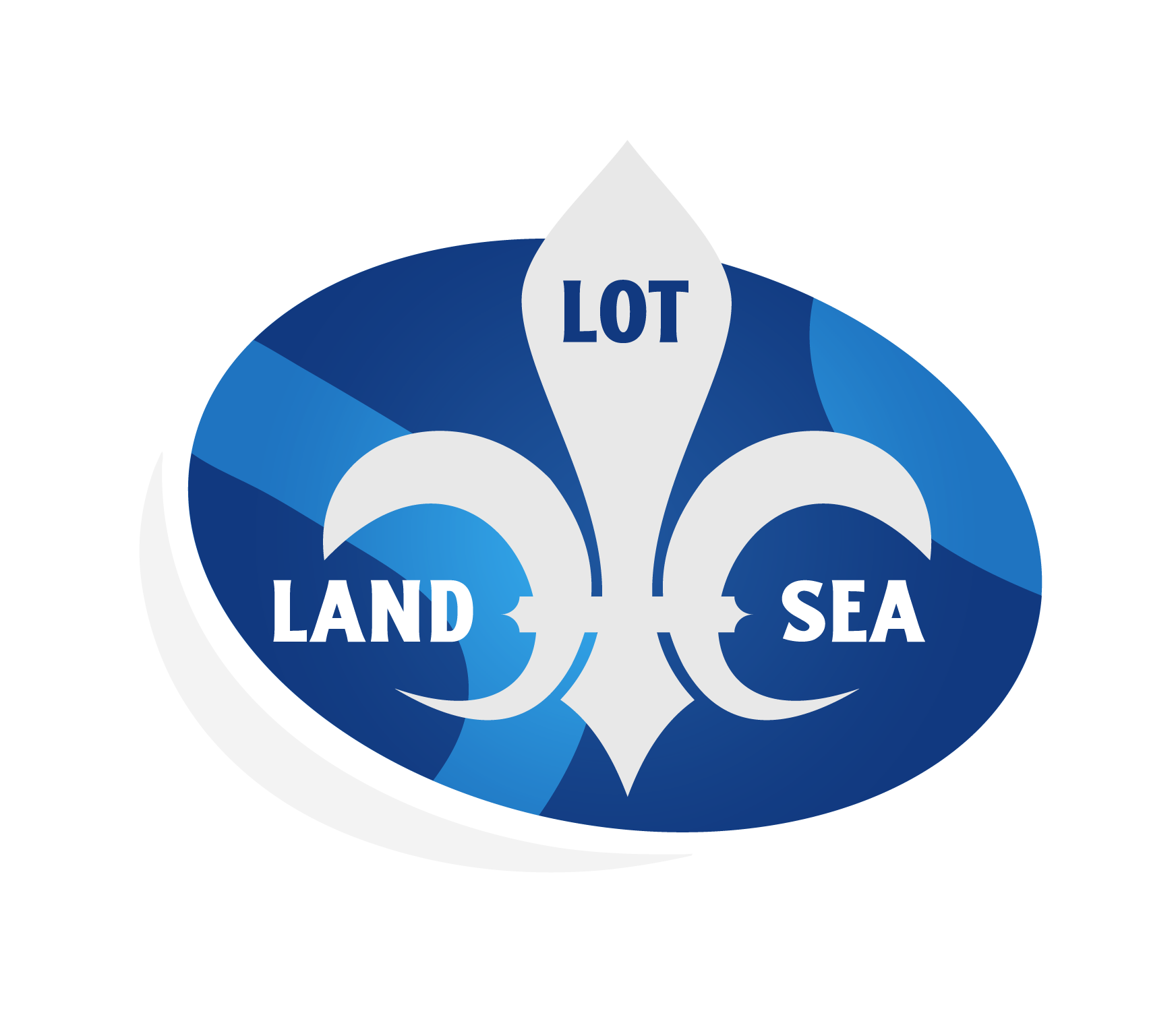The LandSeaLot Science Community Forum will gather Consortium partners to work with key observing communities and domains to develop a common vision and co-design a land-sea interface observation strategy. The strategy will be tested in the pilot LandSeaLot Integration Labs, which in turn will provide feedback and guidelines to the community.
If you would like to engage in these discussions, please contact us.
Subscribe to the LandSeaLot newsletter to stay on top of the latest developments of this Forum!
The LandSeaLot Co-designer Forum will engage representatives of key stakeholder groups to discuss how the actions in LandSeaLot could be further developed to include their experiences and input. These groups include the European Space Agency (ESA), Copernicus services, EMODnet, relevant Regional Sea Conventions (OSPAR/HELCOM), the European Ocean Observing System (EOOS), EDITO and related European Digital Twin Ocean initiatives, and other relevant national and/or regional stakeholders. This forum will be used for co-designing a common observation strategy for the land-sea interface through interaction with key actors of the Land-Sea Interface observation, supported by a broader group of stakeholders. The strategy will be tested in the pilot LandSeaLot Integration Labs, which in turn will provide feedback and guidelines to the community.
If you would like to engage in these discussions, please contact us.
LandSeaLot Citizen Empowerment Forum aims to engage citizen scientists to share experience, promote interests and practices, also aimed to secure a LandSeaLot legacy.
Empowering citizens to contribute to science
Citizen science, which involves public participation in scientific research and knowledge production, is gaining world-wide recognition as a valuable approach in advancing the scope of scientific research.
In citizen science initiatives, public stakeholders actively contribute to scientific investigations, yielding genuine outcomes. This participatory, collaborative effort enables the collection of data across both time and space, addressing critical data gaps that may be inaccessible without the involvement of numerous participants, including individuals with local or indigenous knowledge.
Leveraging, new, low-cost sensors and technologies
The recent development in citizen science is driven by advancements in information technology, particularly the accessibility of tools like mobile phones and low-cost sensors for data collection and reporting, along with high-speed internet and cloud storage for transferring and storing the data. These affordable technologies have revolutionised knowledge creation and governance, fostering inclusive participation and enabling citizens to contribute to scientific data collection, particularly in remote or data-scarce regions, thereby strengthening the scientific observation value chain.
The LandSeaLot newsletter will be the best way to stay on top of the latest developments of this Forum!
Subscribe to LandSealLot newsletter to stay on top of the latest developments of this Forum!



LandSeaLot has received funding from the European Union’s Horizon Europe Framework Programme for Research and Innovation under grant agreement No 101134575. Views and opinions expressed are however those of the author(s) only and do not necessarily reflect those of the European Union or European Research Executive Agency. Neither the European Union nor the granting authority can be held responsible for them. UK participants in Horizon Europe Project LandSeaLot are supported by UKRI grant numbers: 10109592 University of Stirling and 10107554 Plymouth Marine Laboratory.
©2024 LandSeaLot | Privacy Policy | Cookie Policy | Website by Seascape Belgium
To provide the best experiences, we use technologies like cookies to store and/or access device information. Consenting to these technologies will allow us to process data such as browsing behavior or unique IDs on this site. Not consenting or withdrawing consent, may adversely affect certain features and functions.